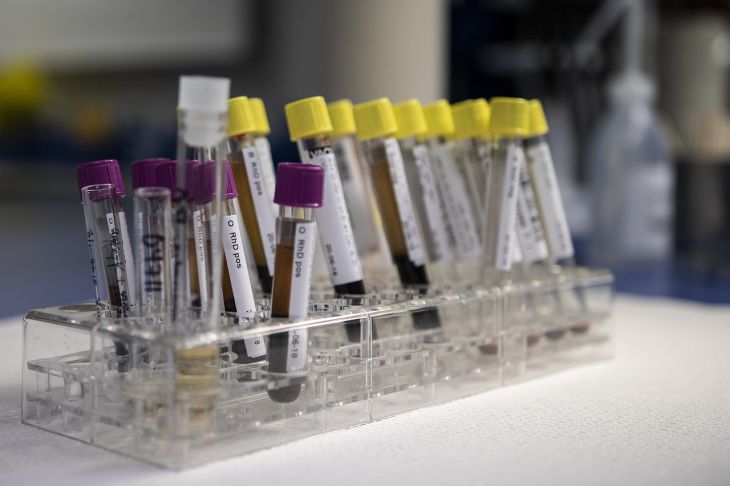Why does a child have an increased platelet count?
When visiting a doctor, parents often notice changes in their child's blood test results. Questions arise about the causes of such changes, their potential danger, and the need for treatment.
Doctor of the HappyDerm medical center Lyudmila Artyushkevich described in detail the situation associated with an increase in the number of platelets in the blood.
What are platelets?
Platelets are small blood cells that form in the bone marrow. They play an important role in the blood clotting process, helping to stop bleeding.
Normally, the number of platelets in the blood of children ranges from 150x10*9l to 450x10*9l. In newborns and infants, this value may be higher than in older children.
If the platelet level exceeds 450x10*9l, this may indicate the presence of thrombocytosis. This condition comes in two forms - primary and secondary.

Primary thrombocytosis is extremely rare (1 case per 10 million people) and is caused by problems with the bone marrow.
Suspicion of primary thrombocytosis in a child may arise in the following cases:
- If the platelet count is elevated for no apparent reason for more than 3 months.
- If the child's close relatives have been diagnosed with primary thrombocytosis.
- In the presence of unexplained cases of bleeding or thrombosis.
- If the liver or spleen is enlarged.
Secondary thrombocytosis is a consequence of other diseases. It can be observed in cases of:
- infections and inflammatory processes;
- thickening of the blood due to dehydration;
- after surgery, fractures or burns;
- in the presence of iron deficiency anemia;
- after removal of the spleen;
- in case of oncological diseases.
Secondary thrombocytosis is often seen in younger children and is usually temporary, resolving once the underlying cause is corrected.
Physiologic thrombocytosis may occur if a child:
- I ate a hearty meal before taking blood for analysis.
- Not drinking enough fluids in the last few days.
- I was stressed due to fear of injections and visits to the doctor (stress leads to an increase in platelets).
What to do
An elevated platelet count in one test is not a cause for concern.
If thrombocytosis is confirmed in subsequent tests, the following are performed:
- Complete blood count.
- Biochemical analysis with determination of the level of C-reactive protein and ferritin.
- Coagulogram to study blood clotting.
The doctor evaluates the test results in conjunction with the patient's complaints and symptoms to identify the cause of thrombocytosis.
For example, in children with acute infections, high platelet levels may be associated with elevated erythrocyte sedimentation rate (ESR) and white blood cell count.
In case of iron deficiency, in addition to typical complaints, a decrease in ferritin levels may be observed.
Treatment of thrombocytosis is carried out by a pediatrician or hematologist under the control of laboratory parameters.
Important! Do not panic and remember that in most cases, thrombocytosis in children is not a serious problem and goes away on its own.
